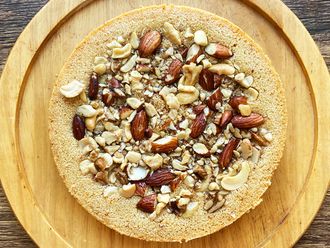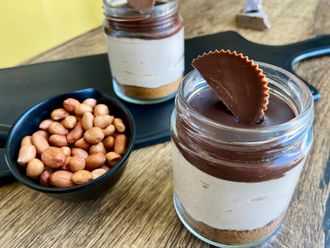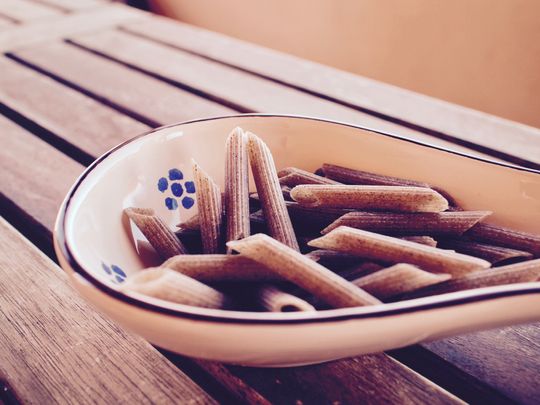
From weight watchers to Hollywood 'It' girls, going ‘gluten-free’ has become a growing trend in the world of food and diets, including the UAE.
Once a dietary restriction just popular amongst those suffering from coeliac disease, an illness where the body’s immune system attacks its own tissues when gluten is eaten, now foods like pizzas, pastas or even everyday bread without gluten have become ever popular.
What is gluten and is it really that bad?
Understanding what gluten is and why people are avoiding it is crucial for both parties - the production end as well as the consumers.
Gluten is a family of proteins found in grains, including wheat, rye, spelt, and barley. Of the gluten-containing grains, wheat is by far the most common, according to Medical News Today, a UK web-based outlet for medical information and news.
The two main proteins in gluten are glutenin and gliadin. Gliadin is responsible for most of the adverse health effects of gluten.
When flour mixes with water, the gluten proteins form a sticky network that has a glue-like consistency. This glue-like property makes the dough elastic and gives bread the ability to rise during baking. It also provides a chewy texture that we all look for in a comforting piece of bread.
However, whether a majority of people need to go gluten-free is debated by healthcare professionals.
Most sources claim that it is safe for everyone except those who have celiac disease. While, some health experts believe that gluten is harmful to most people, Medical News Today reported.
Nonetheless, a large chunk of people across the world, including some in the UAE, are opting for options avoiding gluten.
Serbian expat Dr Masha Lekic has been living in the UAE for over 10 years now and has been on a gluten-free diet for most of it after being diagnosed with celiac disease in 2016.
“There are gluten-free options available in almost every big chain of supermarkets. These items are more expensive than similar products containing gluten, but it is still affordable,” she said.
While she is mostly satisfied with the options available at the supermarkets, Lekic would like to see more restaurants offering gluten-free options.
“With the gluten-free movement being so big, in the future I see more restaurants hopefully offering more gluten-free and vegetarian options,” she said.
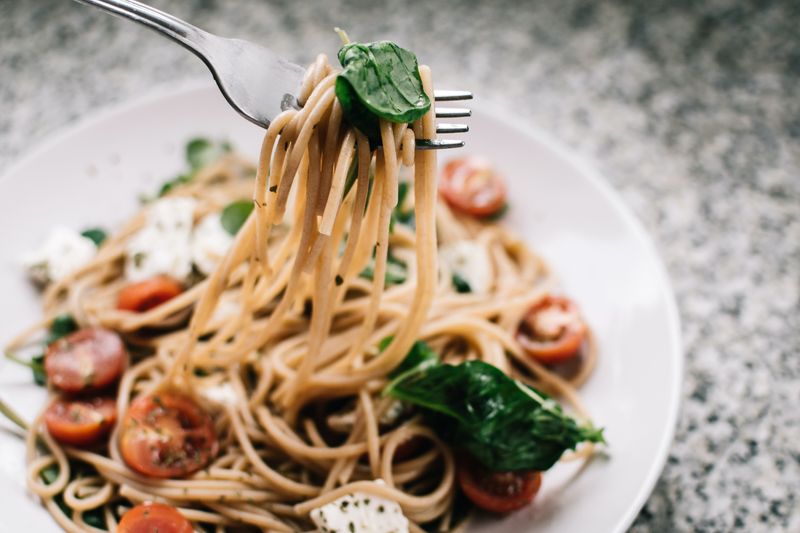
Does eating gluten-free aid in weight loss, having better skin and digestion?
While some believe that eating gluten-free aids in weight loss, a claim that has no scientific evidence according to a study by US-based Harvard T.H. Chan School of Public Health, there are those who avoid it because of other conditions. For example, some say it affects their skin.
Dubai-based Emaan Siddiqui suffers from Keratosis pilaris, a skin condition that causes small bumps to appear on the upper arms, legs or lower body.
“I eat gluten-free because I'm gluten intolerant as it effects my skin all over my body, my dermatologist recommended that I tweak my diet,” the web developer said.
In her daily life, shopping for groceries in Dubai, Siddiqui looks for gluten-free alternatives.
“The main product for me when I shop for gluten-free items is definitely pasta, oats and bread,” she said.
However, the 24-year-old said that gluten-free products sometimes come with a high price tag because of the limited local options.
“If we start getting more locally produced gluten-free options it will not only help our local economy but also provide the products to UAE residents at a lower price,” she said.
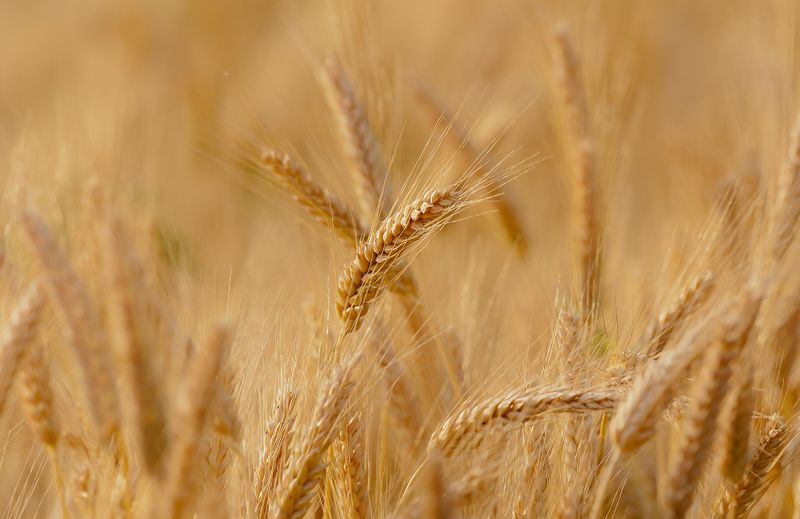
For Dubai-based businessman Hitesh Rijhwani, it’s a matter of gut health.
“Upon checking with an internal medicine doctor regarding fatigue, laziness, inability to lose weight there were some blood tests done which proved irregular blood cell count. Which in layman terms would mean that due to improper functioning of the gut, the cells which were not supposed to enter the blood stream, make it through,” he said.
The Indian expat believes that people in the UAE are “well aware of gluten-free food”, however, the market has room for growth.
“While shopping for gluten-free alternatives I have seen an increase of 5 to 10 per cent in the price compared to regular items, it’s not a big price to pay for good health,” he said.
More local options cropping up
For those looking for local options which may lead to cheaper prices, a new Dubai-based venture might be good news.
Baraka Macaroni Manufacturing by Essa Al Ghurair Investment has started the only gluten-free pasta production in Dubai with the launch of the brand called Ojao. The project is a joint venture with the Rose Blanche Group, a Tunisian Agri-Business Group.
The business wanted to start producing gluten-free pasta in the region as not a lot of facilities locally make such items.
Omar Al Ghurair, General Manager at Baraka Macaroni Manufacturing, spoke to Gulf News about what made them start the brand in Dubai where the gluten-free industry is going locally.
Gap in the market in the region
Like many others, Al Ghurair has also noticed the increase in demand for gluten-free food items in the UAE in the recent years.
"There has been a pattern in people switching to gluten-free foods, especially the young generation," Al Ghurair said.
The coronavirus pandemic highlighted this demand further.
“People started to cook more at home during the pandemic and finding local versions of the products they use has only helped them get them easily and at a cheaper price,” he said.
Speaking about where the gluten-free food industry is headed in the region and the UAE, he said: “The potential of the gluten-free industry expanding is definitely there. I see it growing slowly. We just need more export opportunities to open up so that the world buys these products produced in the UAE in the future.”







